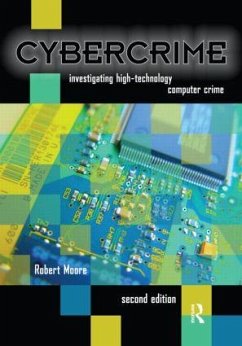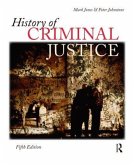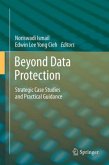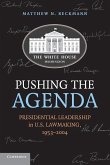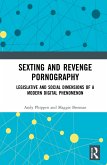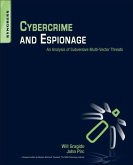This innovative text provides an excellent introduction to technology-assisted crime and the basics of investigating such crime, from the criminal justice perspective. It presents clear, concise explanations for students and professionals, who need not be technically proficient to find the material easy-to-understand and practical. The book begins by identifying and defining the most prevalent and emerging high-technology crimes - and exploring their history, their original methods of commission, and their current methods of commission. Then it delineates the requisite procedural issues associated with investigating technology-assisted crime. In addition, the text provides a basic introduction to computer forensics, explores legal issues in the admission of digital evidence, and then examines the future of high-technology crime, including legal responses.
Hinweis: Dieser Artikel kann nur an eine deutsche Lieferadresse ausgeliefert werden.
Hinweis: Dieser Artikel kann nur an eine deutsche Lieferadresse ausgeliefert werden.
"This book gives a well-structured account of the ingredients, responses and theories associated with cybercrime. Each chapter is accompanied by a set of review questions and a list of online resources. Additionally, many of the chapters have a list of recommended further reading as well as an 'in the news' item that serves to highlight the relevance of the foregoing material."- George R S Weir, University of Strathclyde
"This book gives a well-structured account of the ingredients, responses and theories associated with cybercrime. Each chapter is accompanied by a set of review questions and a list of online resources. Additionally, many of the chapters have a list of recommended further reading as well as an 'in the news' item that serves to highlight the relevance of the foregoing material."- George R S Weir, University of Strathclyde

